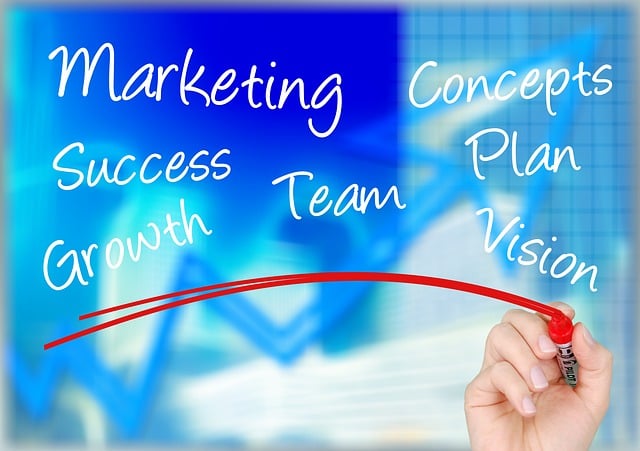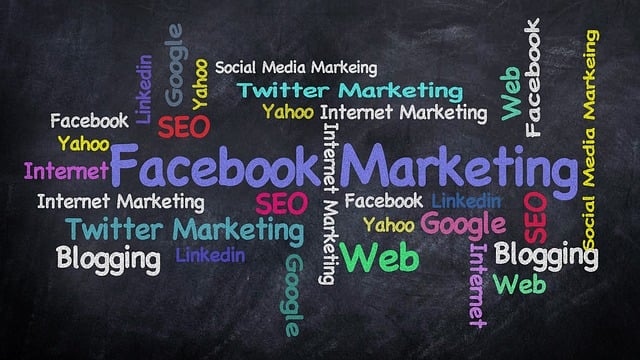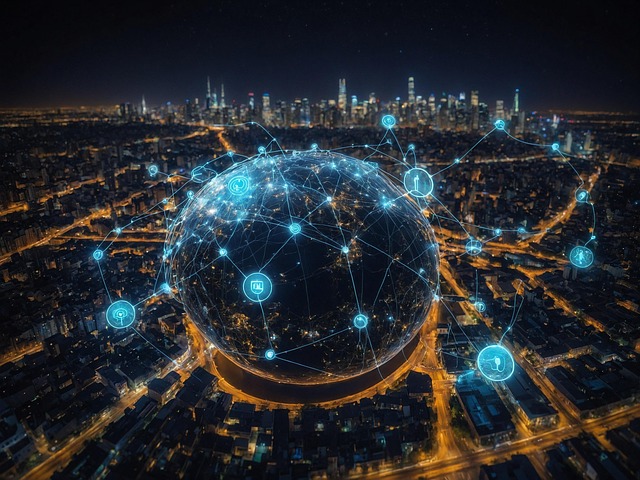AI marketing automation for restaurants transforms sales forecasting by leveraging advanced algorithms and historical data analysis, improving accuracy, operational efficiency, and ultimately boosting sales performance. This technology predicts customer behavior, seasonal trends, and promotional impacts, empowering managers with valuable insights to make data-driven decisions. By adapting to real-time inputs and learning from past data, AI enhances profitability, optimizes inventory, staffing, and menu strategies, while minimizing waste and enhancing customer satisfaction in the dynamic hospitality industry.
In the dynamic landscape of restaurant operations, precise sales forecasting is key to success. However, manual methods often fall short, leading to inaccurate predictions and suboptimal decision-making. This article explores how AI business sales forecasting solutions are transforming the industry. We delve into the challenges unique to restaurants, uncover the transformative power of AI marketing automation, and provide actionable strategies for implementing AI to enhance sales predictions. Discover how these innovative tools can optimize menu planning, inventory management, and staffing in today’s fast-paced culinary market.
- Understanding the Challenges of Sales Forecasting in Restaurants
- The Role of AI Marketing Automation in Revolutionizing Forecasting
- Implementing AI Solutions: Strategies for Accurate Restaurant Sales Predictions
Understanding the Challenges of Sales Forecasting in Restaurants

Sales forecasting is a complex task for restaurant businesses, often requiring a delicate balance between predicting customer demand and managing limited resources. In the fast-paced world of food service, where trends change swiftly and customer preferences evolve constantly, making accurate forecasts can be challenging. Traditional methods may fall short in keeping up with the dynamic nature of the restaurant industry.
Here’s where AI marketing automation for restaurants steps in as a game-changer. Advanced algorithms can analyze vast amounts of historical data, including sales patterns, seasonal trends, and promotional effects, to provide valuable insights. These solutions enable restaurateurs to make data-driven decisions, ensuring they have the right menu items in stock, optimize staff scheduling, and plan marketing campaigns effectively. By leveraging AI, restaurants can improve their forecasting accuracy, enhance operational efficiency, and ultimately, boost sales performance.
The Role of AI Marketing Automation in Revolutionizing Forecasting

AI marketing automation is transforming the way businesses, particularly restaurants, approach sales forecasting. By leveraging machine learning algorithms and vast datasets, these solutions can analyze historical sales data, customer behavior patterns, seasonal trends, and promotional effects to generate highly accurate forecasts. This not only empowers restaurant managers with valuable insights but also enables them to make data-driven decisions regarding inventory management, staffing schedules, and marketing strategies.
In the fast-paced world of hospitality, where demand can fluctuate significantly, AI automation ensures that forecasting is no longer a guessing game. It allows for dynamic adjustments based on real-time inputs, helping restaurants optimize their operations, minimize waste, and enhance overall customer satisfaction. With its ability to learn and adapt, AI marketing automation for restaurants is revolutionizing the industry by enhancing efficiency, improving profitability, and fostering better customer engagement.
Implementing AI Solutions: Strategies for Accurate Restaurant Sales Predictions

Implementing AI solutions in the restaurant industry can significantly enhance sales forecasting accuracy, a critical aspect of strategic decision-making. AI marketing automation for restaurants leverages historical data, market trends, and complex algorithms to predict future sales patterns with remarkable precision. By analyzing large volumes of customer behavior data—from past orders and preferences to seasonal variations and special events—AI models can identify hidden correlations that traditional methods might miss.
These advanced predictive capabilities enable restaurant managers to make informed choices regarding inventory management, staffing levels, promotional strategies, and even menu optimization. AI-driven sales forecasting helps restaurants avoid costly overstocking or understaffing scenarios while ensuring they meet customer demands effectively. Through automated data analysis, restaurant owners can focus on enhancing the dining experience rather than manually interpreting vast datasets.
AI marketing automation has the potential to revolutionize sales forecasting in the restaurant industry by providing accurate predictions and insights. By leveraging advanced algorithms and data analytics, these solutions can help restaurant owners make informed decisions, optimize inventory management, and enhance overall operational efficiency. Implementing AI business sales forecasting tools is a strategic move that can give restaurants a competitive edge, ensuring they stay ahead of market trends and customer demands in today’s dynamic food service landscape.
